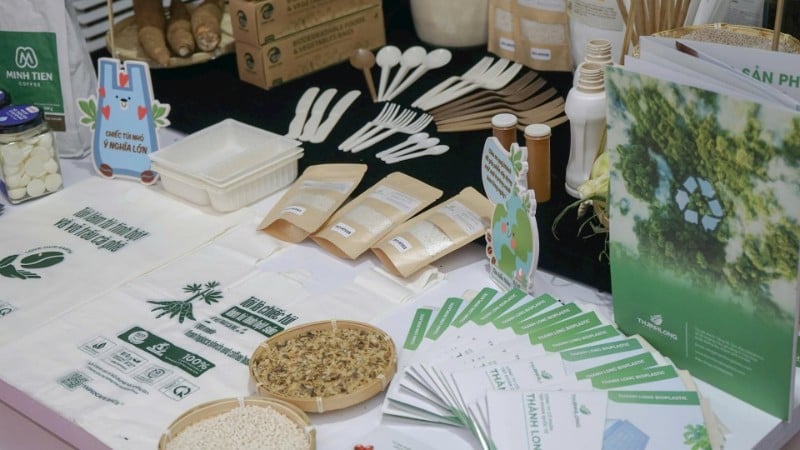
With the advantage of possessing abundant agricultural by-products, Vietnam has great potential to develop the bioplastics industry in a circular direction, reducing pollution, while increasing the competitiveness of businesses in the global supply chain.
From agricultural by-products to materials of the futurePlastic waste is a difficult problem not only for Vietnam but also for the world. Although many recycling solutions have been implemented, the amount of untreated waste continues to increase. Meanwhile, each year Vietnam produces more than 45 million tons of agricultural by-products such as straw, rice husks, corn husks, bagasse, coconut fiber, coffee husks, etc., most of which are burned or buried, causing waste and environmental pollution. Changing their approach, many businesses have made efforts to "turn waste into gold", developing technology to convert by-products into bioplastics, a completely biodegradable material, gradually replacing traditional plastics made from petroleum.
As a member of the agricultural ecosystem associated with the coffee industry, Thanh Long Bioplastic has the advantage of directly accessing a huge source of agricultural by-products such as coffee husks, by-products from corn, cassava, bamboo, etc.
Instead of letting these waste products go to waste or cause pollution, Thanh Long Bioplastic buys them back, creating more income for farmers and contributing to solving the problem of waste at the source. From there, Thanh Long Bioplastic converts these by-products into bio-compound plastic granules, materials of clear biological origin and biodegradability, leaving no microplastics in the environment.
The company invests in modern mixing technology and strict quality control to create compound granules suitable for many applications: packaging, knives, spoons, straws, environmentally friendly consumer products...
Thanh Long Bioplastic's goal is to help customers easily transition to sustainable materials while ensuring production efficiency and economics .
Also pursuing the path of “bio-izing” materials, the startup BUYO Bioplastics produces bioplastic from sugarcane bagasse and beer dregs. The product can completely decompose in the natural environment after 3 to 12 months.
Not only is this plastic safe for the environment and health, it still ensures functionality at a competitive price. In addition, the production process also saves energy and limits greenhouse gas emissions.
Another direction comes from AirX Carbon with industrial pallet products made from coconut shells and rice husks. Pallets, an indispensable item in the logistics industry, are now produced using NetZero Pallet technology, with a load capacity of 5 tons, reducing costs by 20-50%, saving 70% of storage space and increasing transportation efficiency by up to 300%.
This initiative not only solves environmental problems but also improves supply chain efficiency, which is highly appreciated by many businesses. The above models show that, if invested in the right direction, agricultural waste can completely become the foundation for a new industry, the green materials industry.
Wide open opportunities, not small challengesVietnam consumes about 12 billion USD of plastic products each year. If replaced by bioplastics, our country can cut about 12 million tons of CO2, equivalent to an estimated savings of 60 million USD/year. However, bioplastics have not been able to break through due to many barriers in terms of cost and policy. Specifically, the cost of bioplastics is 1.5 to 2 times higher than traditional plastics, while consumers are not ready to pay more for environmentally friendly products.
The lack of specific incentives or mandatory policies has left businesses with insufficient incentives to make the switch. There is currently no clear roadmap to reduce conventional plastics or effective sanctions against polluting products.
Faced with this situation, BUYO Bioplastics is expanding its production scale and improving its technology to reduce costs and enhance its competitiveness. Ms. Do Hong Hanh, CEO and co-founder of BUYO Bioplastics, said that the company aims to export to Asia, Europe and North America, markets with increasingly strict “green” standards. In the context of the EU, South Korea, Japan and many other countries tightening environmental regulations on imported goods, bioplastics are considered a “low-carbon passport” that helps Vietnamese businesses access the global supply chain.
In addition to meeting technical requirements, bioplastics also help enhance brands, reduce environmental risks, optimize long-term costs and demonstrate social responsibility. According to experts, to take advantage of this opportunity, Vietnamese enterprises need to proactively invest in technology, build sustainable supply chains and strengthen cooperation with like-minded partners; at the same time, promote communication to raise public awareness, promote green consumption in life, especially in urban areas, supermarkets, restaurants, schools, etc.
Faced with cost challenges, Thanh Long Bioplastic constantly optimizes production to reduce costs, making bioplastics an effective economic solution.
Mr. Nguyen Hoang Duong, CEO of Thanh Long Bioplastic shared: “With the advantage of self-sufficiency in raw materials and modern technology, Thanh Long Bioplastic is confident in creating quality products to meet the market demand. We believe that bioplastics not only help Vietnamese enterprises reach out to the world but are also our commitment to a green and sustainable Vietnam, contributing to getting closer to the goal of Net Zero by 2050”.
For the bioplastics industry to develop sustainably, it cannot rely solely on the efforts of businesses but requires a comprehensive innovation ecosystem, from policy, infrastructure, finance, to education and market. Investing in green materials innovation centers, supporting the commercialization of research products from institutes, schools to businesses, building “green industrial clusters” specializing in biodegradable materials, etc. will create real momentum for the transformation process.
Regarding policy, the National Center for Supporting Innovative Startups recommends that a specific legal corridor for biomaterials should be soon issued, environmental tax should be applied to traditional plastics, and there should be a roadmap for mandatory tax reduction, exemption, and reduction for businesses using biomaterials or achieving international sustainability certification; at the same time, support for testing costs, renting space in green industrial parks, etc.
Businesses expect the upcoming policy to incorporate “green” criteria into start-up programs, trade promotion, and exhibition fairs, creating conditions to prioritize environmentally friendly products. The conversion of materials not only contributes to reducing emissions and protecting the environment, but also opens up new directions for green growth and sustainable development.
Source: https://baosonla.vn/xa-hoi/nhua-sinh-hoc-huong-di-tat-yeu-trong-chuyen-doi-xanh-VuBk62yHR.html








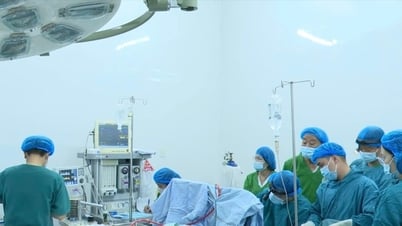



![[OCOP REVIEW] Bay Quyen sticky rice cake: A hometown specialty that has reached new heights thanks to its brand reputation](https://vphoto.vietnam.vn/thumb/402x226/vietnam/resource/IMAGE/2025/7/3/1a7e35c028bf46199ee1ec6b3ba0069e)

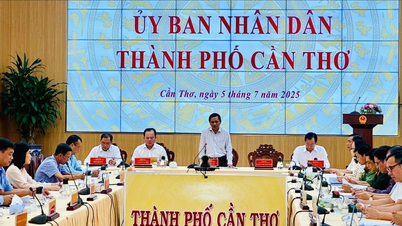

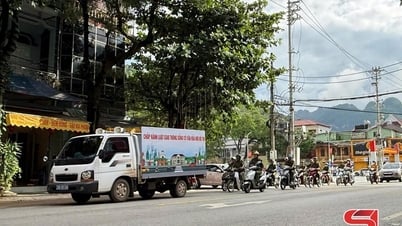
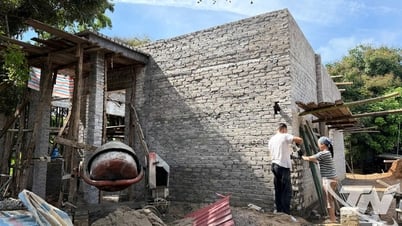





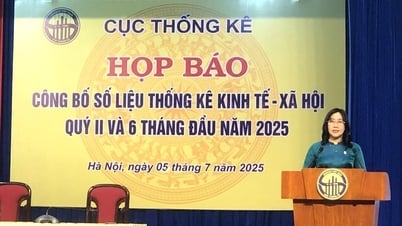
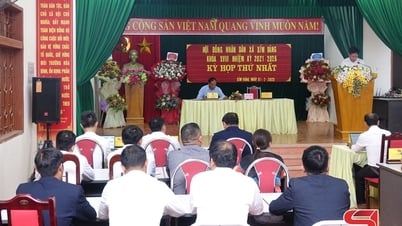


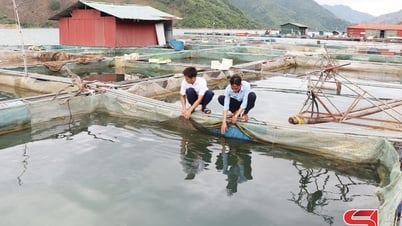
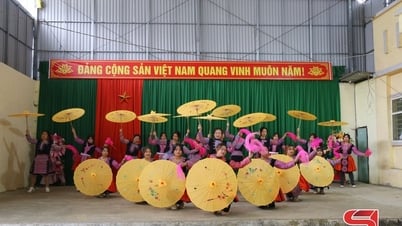












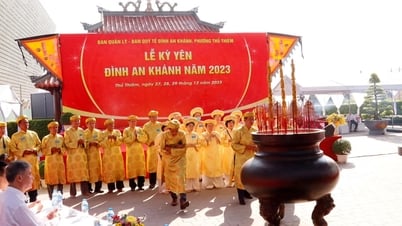

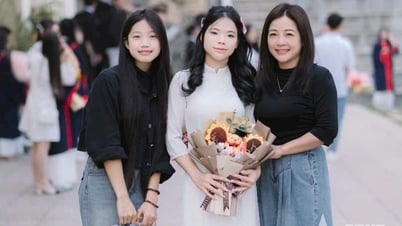





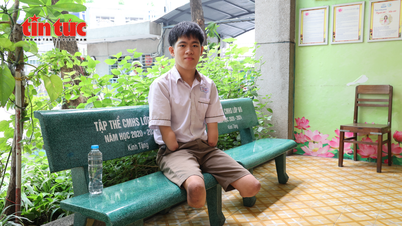

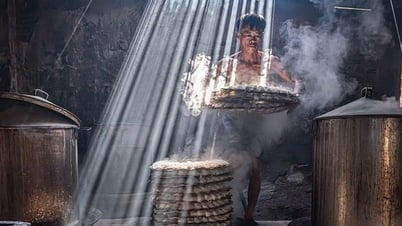



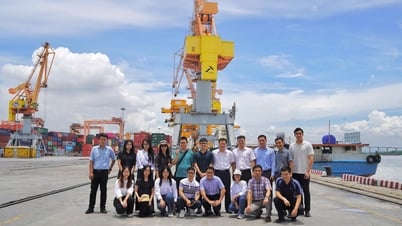

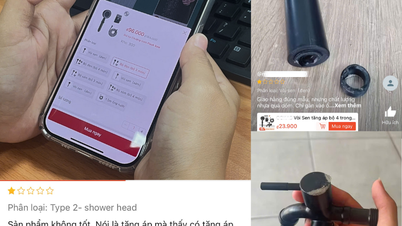
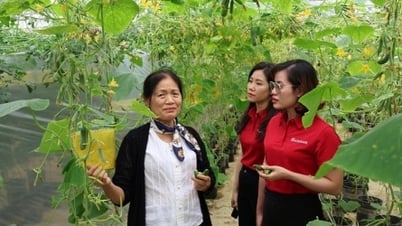

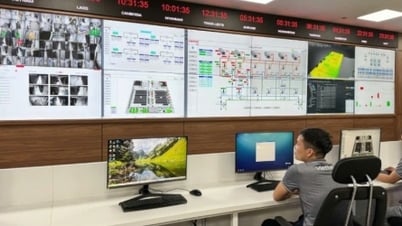
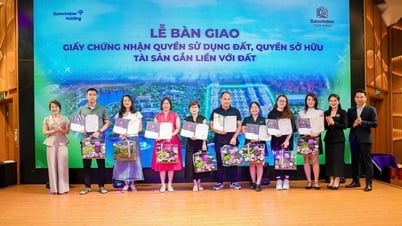










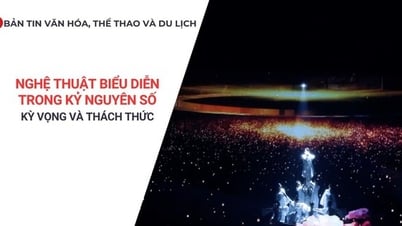

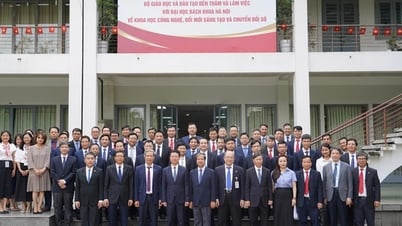




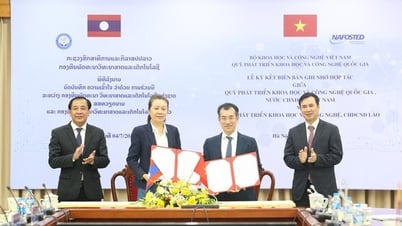


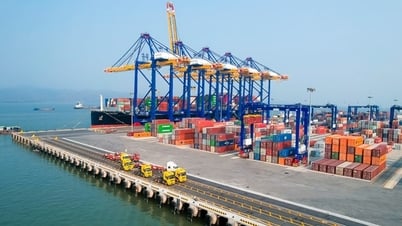





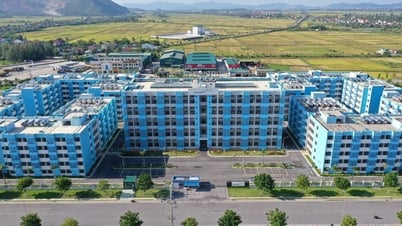
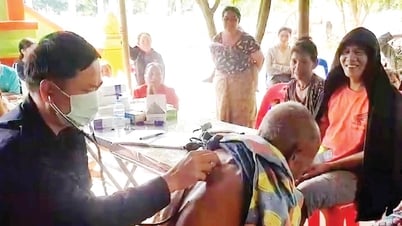



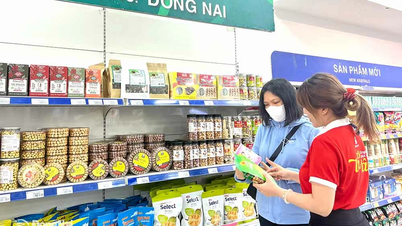


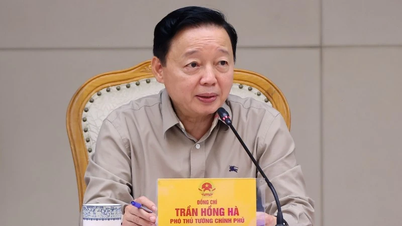

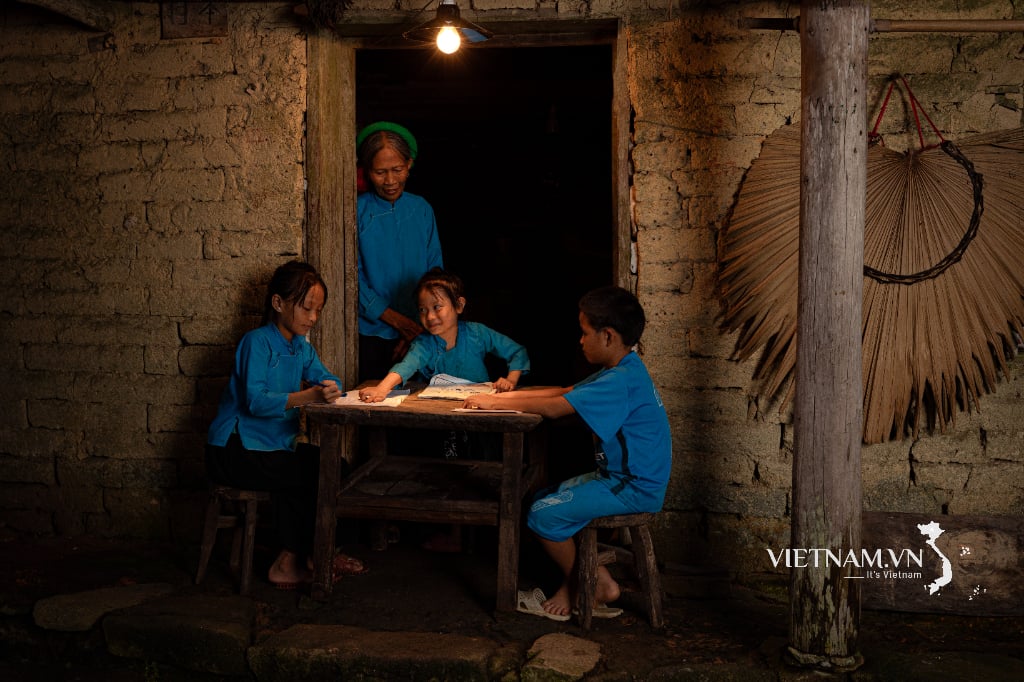


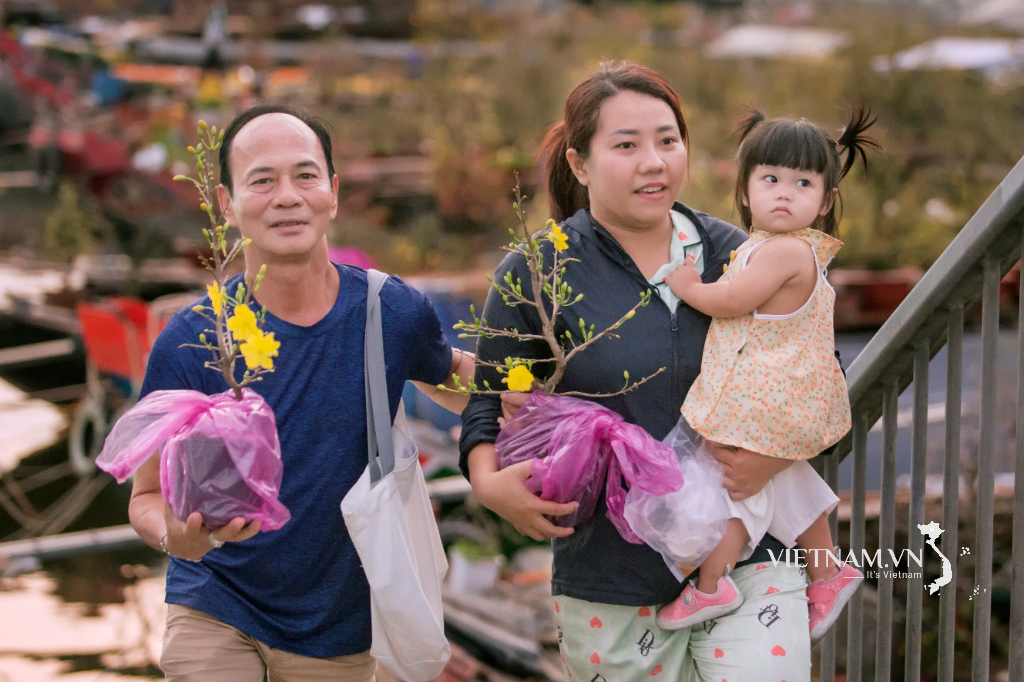
Comment (0)